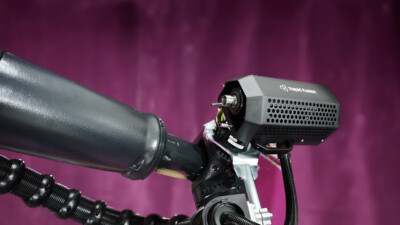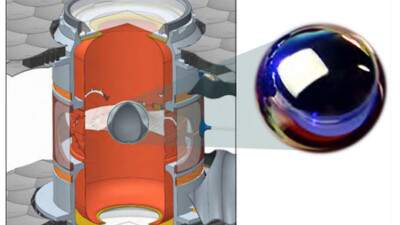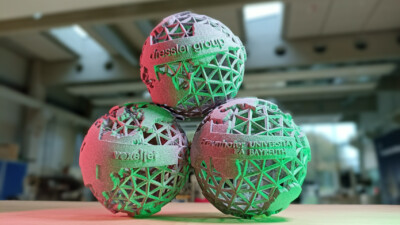3D bio-printed regenerative soft tissue matrix offers a better breast reconstruction option by stimulating tissue regeneration.

According to the World Health Organization, in 2020 alone, 2.3 million women were diagnosed with breast cancer. To combat the risk of breast cancer, countries instituted early detection programs in the 1980s. Thanks to these measures and the development of different treatments, the survival rate of breast cancer has greatly improved.
Due to the improved treatment outcomes, the research has begun to shift towards better supporting breast cancer survivors, including offering better breast reconstruction options. Recently, 3D Systems and CollPlant announced a partnership to create a 3D bio-printed regenerative soft tissue matrix for breast construction.
The greatest challenge for breast reconstruction has been obtaining soft tissue matrices. Soft tissue matrices are used to support the lower portion of the breast and give the breast structure. Most current reconstruction procedures rely on soft tissue matrices derived from human cadavers or animals. But these sources can elicit immune responses, vary across batches, and are in short supply, which can impact the patient’s healing.
3D Systems and CollPlant’s soft tissue matrix can be used in place of donor soft tissue matrices and be printed to match the anatomy of the patient. This offers a better soft tissue matrix than current methods.
Yehiel Tal, the chief executive officer at CollPlant, said, “We’ve joined forces with 3D Systems to offer a regenerative soft tissue matrix that may significantly increase the addressable market for soft tissue reinforcement in breast implant procedures. A regenerative solution can increase safety, eliminate product variability, and enhance results by promoting new tissue growth.”

The 3D bio-printed soft tissue matrices are developed to offer the same physical and mechanical properties of donor tissue. An added benefit of the 3D printed soft tissue is that it incorporates bio-ink formulations based on recombinant human collagen, or rhCollagen, which will promote tissue regeneration.
The rhCollagen is a proprietary product developed by CollPlant. It is a plant-based genetic engineering technology. CollPlant produces it by extracting procollagen from genetically modified tobacco plants. The procollagen is then further processed to create a highly purified rhCollagen, which can then be used in the development of medical products.
The 3D bio-printed soft tissue matrix promotes cell infiltration and proliferation. Since the collagen is an exact match to the human collagen, the bio-printed matrices should not elicit an immune response. The companies expect their efforts will result in better performance and safety for the patients.
“In January of this year, we announced our intention to increase the investment in regenerative medicine and focus on developing and commercializing solutions to change how healthcare is delivered and bring substantial benefits to patients,” said Dr. Jeffrey Graves, president & chief executive officer of 3D Systems, in a press release. “Through this project, we’re embarking on with CollPlant, we’re exploring a novel application that could offer a new reconstruction treatment for breast cancer survivors. It’s inspiring to be involved in a project that has the potential to have such a positive impact on the human condition.”
The partnership leverages the strengths of each company. 3D Systems has been an innovator in the 3D printing manufacturing industry for more than 30 years. CollPlant is a regenerative and aesthetic medicine company that specializes in bioprinting tissues and organs, and medical aesthetics. Together, they hope to create a safer, reliable and consistent breast reconstruction option for breast cancer survivors.



